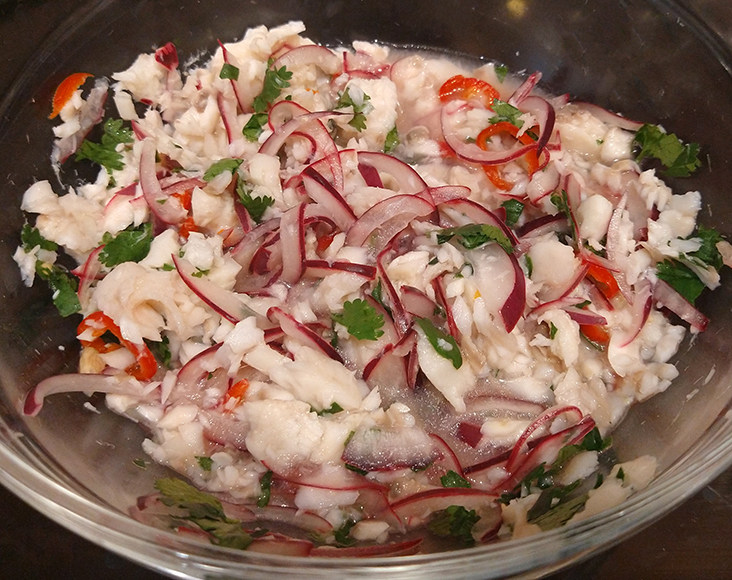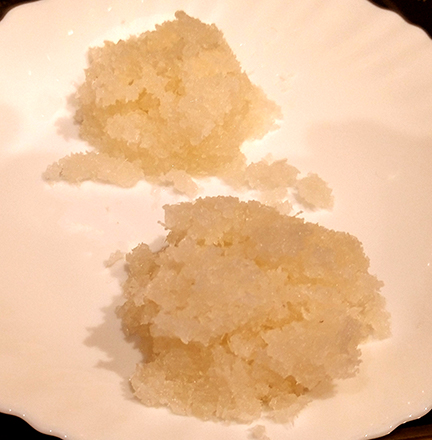Strategic framing of enabling technologies: Insights from firms digitizing smell and taste – explores the phases in the framing of enabling technologies.
- “General and novel” – communicate about novelty, universality and broad applications of a new technology.
- “Specific and familiar” – focus on flagship application domains and establish resonance within these domains.
- Transversal framing – cutting across multiple applications with a unique point of reference.
Living up to the hype: How new ventures manage the resource and liability of future-oriented visions within the nascent market of impact investing – explores – explores how entrepreneurs leverage hype while staying flexible. The authors mention that following hype can constrain new ventures’ ability to pivot from one category to another and also delay the realization of their long-term vision. Entrepreneurs then have to leverage cultural and relational practices that later then translate to social proof.
The role of expectation in innovation evolution: Exploring hype cycles – integrates the Gartner hype cycle with the S-curvey of innovation diffusion. They do this by distinguishing between emotional and logical expectations. “Emotional justifications associate and encourage meanings with little shared specification and vague time horizons, often among people who rely more on beliefs than on rational inquiries. On the other hand, logical justifications stimulate specific understandings about matters in a non-distant future among more deductive inquirers than those who rely more on beliefs.”
Dissecting diffusion: Tracing the plurality of factors that shape knowledge diffusion – compares diffusion of recombinant DNA (rDNA) and polymerase chain reaction (PCR) technologies. The study finds that PCR outperformed rDNA due to factors including “organizational origin, the technologies’ licensing strategies and complementary assets, the stage of the industry, and social networks around the original inventors.”
Categories and Narratives as Sources of Distinctiveness: Cultural Entrepreneurship within and across Categories – studies narratives in AirBNB listings and their effect on price premiums. The study suggests that listings in categories that are not distinct enough should portray themselves as moderately distinct. In contrast, when a listing is already in a distinctive category, they can benefit the most by depicting themselves as either highly similar or highly distinctive against others within the category.















